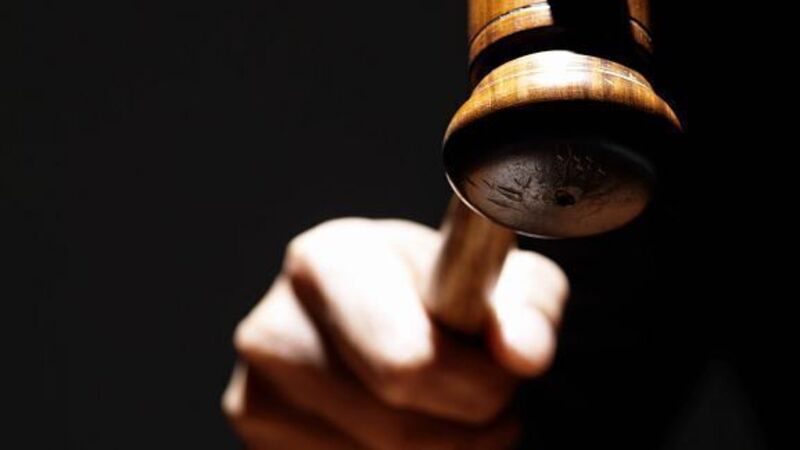Disabled man born from incestuous rape loses compensation battle

In the UK, a severely disabled man born from incestuous rape has lost his Court of Appeal fight to claim compensation.
Last year, the Upper Tribunal said the 29-year-old, who can only be identified as Y, was eligible for an award under the Criminal Injuries Compensation Scheme.














